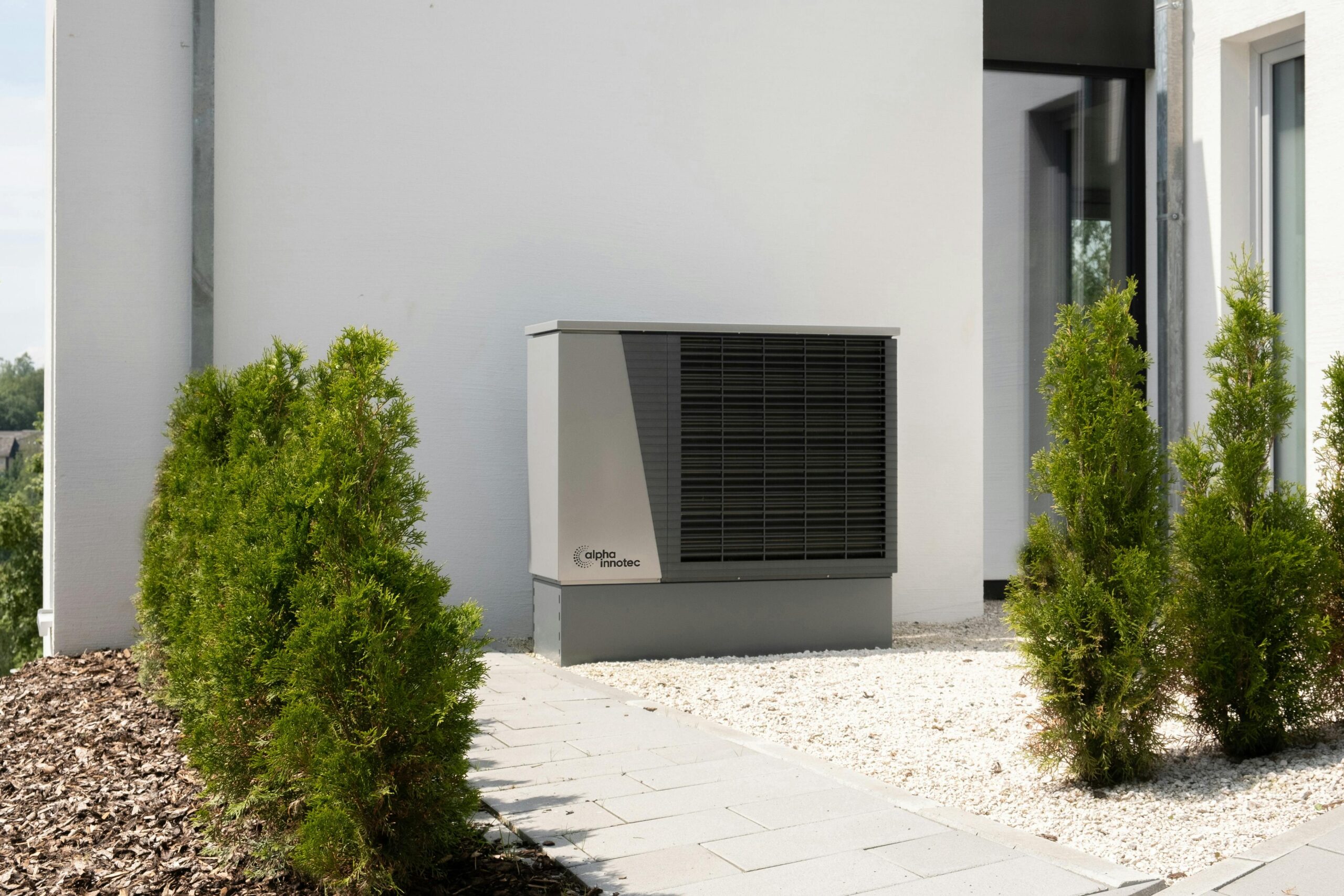 Heat pumps are versatile HVAC systems that provide both heating and cooling by transferring heat between the indoors and outdoors. Unlike traditional HVAC units, which typically consist of separate systems for heating (like furnaces) and cooling (like air conditioners), heat pumps combine these functions into a single, energy-efficient unit. Thanks to advancements in technology, modern heat pumps can perform efficiently even in colder temperatures, making heat pump installation in Raleigh, NC an increasingly popular choice.
Heat pumps are versatile HVAC systems that provide both heating and cooling by transferring heat between the indoors and outdoors. Unlike traditional HVAC units, which typically consist of separate systems for heating (like furnaces) and cooling (like air conditioners), heat pumps combine these functions into a single, energy-efficient unit. Thanks to advancements in technology, modern heat pumps can perform efficiently even in colder temperatures, making heat pump installation in Raleigh, NC an increasingly popular choice.
FAQs: Heat Pumps vs. Traditional HVAC Units
1. What is the primary difference between a heat pump and a traditional HVAC system?
The main difference lies in functionality. A heat pump can both heat and cool your home by transferring heat, whereas a traditional HVAC system usually involves separate units: an air conditioner for cooling and a furnace for heating.
2. How does a heat pump work?
In cooling mode, a heat pump operates like a standard air conditioner, removing heat from inside your home and releasing it outside. In heating mode, it reverses this process, extracting heat from the outside air (even in cold temperatures) and bringing it indoors.
3. Are heat pumps more energy-efficient than traditional HVAC systems?
Yes. Heat pumps are generally more energy-efficient, especially in moderate climates like North Carolina. Since they transfer heat rather than generate it, they use less energy than conventional heating systems. Newer cold-climate heat pumps are even designed to work efficiently in lower temperatures, reducing the need for supplemental heating.
4. What are the cost differences between heat pumps and traditional HVAC systems?
Heat pumps generally have a lower upfront cost compared to traditional HVAC systems, making them a more affordable initial investment. They’re also highly energy-efficient, which translates to lower operating costs and long-term savings. Plus, many homeowners can take advantage of rebates and incentives, further reducing the overall expense.
5. Do heat pumps require more maintenance than traditional systems?
Heat pumps operate year-round, handling both heating and cooling, which can lead to more wear over time compared to systems that only operate seasonally. Regular maintenance, such as filter changes and professional tune-ups, ensures optimal performance and longevity.
6. Are heat pumps suitable for Raleigh’s climate?
Yes. Raleigh has a humid subtropical climate with hot summers and mild winters—ideal conditions for heat pumps. They provide efficient heating and cooling year-round. During rare cold snaps (typically below 30°F), their efficiency can drop, leading to longer run times and higher energy use. However, modern heat pumps can operate effectively in temperatures as low as -24°F. To ensure consistent indoor comfort, homeowners can supplement their system with electric resistance heat, a dual-fuel setup with a gas furnace, or improved insulation to retain warmth more efficiently.
7. How do the environmental impacts compare between heat pumps and traditional HVAC systems?
Heat pumps are generally more environmentally friendly because they use electricity to transfer heat rather than burning fossil fuels. This results in lower greenhouse gas emissions, particularly when paired with renewable energy sources. With North Carolina’s growing emphasis on energy efficiency, more homeowners are making the switch. Over 40% of homes in the state now use heat pumps, thanks to their cost savings and environmental benefits. Programs like the Inflation Reduction Act, which offers tax credits of up to $2,000 for qualifying heat pumps, and North Carolina’s $208 million Energy Saver NC initiative, which provides rebates of up to $8,000 for low- and moderate-income households, make heat pumps an even more attractive option.
8. What factors should I consider when deciding between a heat pump and a traditional HVAC system?
When choosing between a heat pump and a traditional HVAC system in the Triangle area, consider the following:
- Energy Costs: Rising fuel prices make heat pumps a cost-effective option, especially when paired with local efficiency programs.
- Home Insulation: Proper insulation enhances heat pump performance by reducing energy loss.
- Initial vs. Long-Term Costs: While heat pumps may have a higher upfront cost, they offer long-term savings on energy bills.
- Environmental Impact: Heat pumps reduce reliance on fossil fuels and lower carbon emissions.
Heat pumps offer an energy-efficient, all-in-one solution for both heating and cooling your home. At Jays Heating and Cooling, our team offers expert advice and heat pump installation in Raleigh, NC to help you select the ideal heat pump system for your home’s needs. Let us guide you in making an informed choice that maximizes comfort and efficiency year-round.
